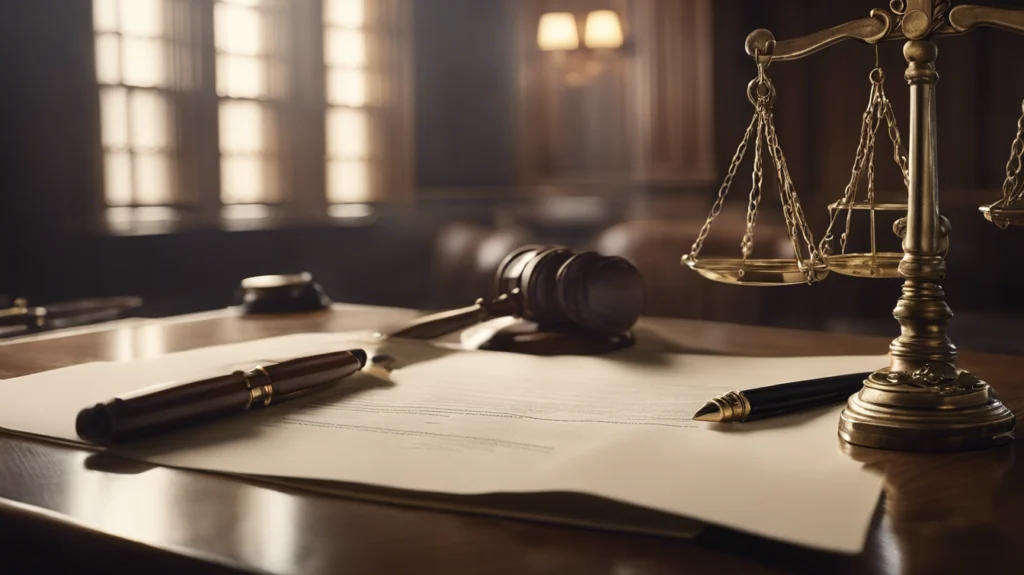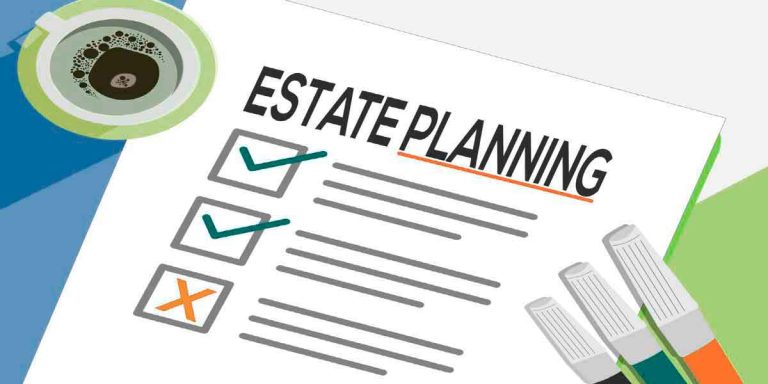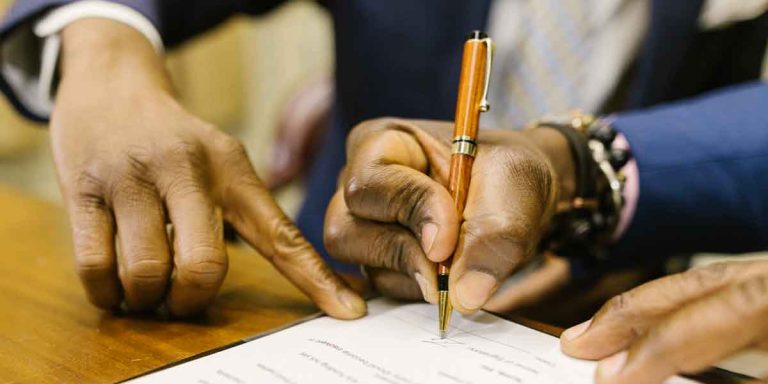The probate process in New York is a critical legal procedure that ensures the orderly distribution of a deceased person’s estate according to their last will or state law. While probate can seem overwhelming, understanding the steps and requirements can help you navigate the process more effectively. At Morgan Legal Group, we specialize in guiding families through probate with expertise and compassion. This guide will help you understand what you need to know about New York probate, from filing the will to finalizing the estate.
What is Probate?
Probate is the legal process by which a deceased person’s will is validated by the Surrogate’s Court in New York. It involves identifying and inventorying the deceased’s assets, paying off debts and taxes, and distributing the remaining assets to the beneficiaries as outlined in the will. If there is no will, the estate is distributed according to New York’s intestacy laws.
Why is Probate Necessary?
Probate is essential because it provides a legal framework for settling the deceased’s affairs in an orderly manner. The court oversees the process to ensure that the will is valid, creditors are paid, and beneficiaries receive their rightful inheritance. This legal oversight helps prevent fraud and ensures that the deceased’s wishes are respected.
Key Steps in the New York Probate Process
The probate process in New York involves several key steps that must be followed meticulously. Missing any of these steps can lead to delays or complications.
1. Filing the Will
The probate process begins with filing the deceased’s will in the Surrogate’s Court of the county where the deceased resided. The person named as executor in the will is responsible for filing a petition for probate, which initiates the court’s supervision of the estate administration.
2. Appointment of the Executor
Once the will is filed, the court will officially appoint the executor named in the will to manage the estate. The executor has a fiduciary duty to act in the best interests of the estate and its beneficiaries, ensuring that all assets are managed and distributed according to the will’s terms.
3. Inventory of Assets
One of the executor’s first duties is to compile a detailed inventory of the deceased’s assets. This includes bank accounts, real estate, personal property, investments, and any other assets owned by the deceased. The inventory is essential for valuing the estate and determining the appropriate steps for asset distribution.
4. Paying Debts and Taxes
Before any assets can be distributed to beneficiaries, the executor must pay all outstanding debts, including funeral expenses, medical bills, and taxes. This step is crucial as it ensures that the estate is free of liabilities before distribution. Executors must also file the deceased’s final income tax returns and any estate tax returns required under New York State law.
5. Distributing Assets to Beneficiaries
After settling debts and taxes, the executor can distribute the remaining assets to the beneficiaries as outlined in the will. If the will specifies particular bequests, such as specific gifts of property or money, these must be fulfilled before any residual distribution. The executor must ensure that all distributions are made according to the terms of the will and in compliance with New York law.
Common Challenges in the New York Probate Process
While the steps of probate may seem straightforward, several challenges can arise, complicating the process. Here are some common obstacles you might face:
Will Contests
Disputes among family members or other interested parties can lead to will contests, in which the validity of the will is challenged in court. Common grounds for contesting a will include allegations of undue influence, lack of capacity, or improper execution. Will contests can significantly delay probate and may require extensive legal intervention.
Complex Assets
Handling complex assets such as businesses, real estate, or investments can add layers of difficulty to the probate process. These assets often require valuation, management, and strategic planning to ensure that they are distributed properly. Executors may need professional assistance to manage and liquidate these assets effectively.
Failure to Meet Deadlines
Probate is a time-sensitive process, and executors must adhere to specific deadlines for filing documents, paying debts, and distributing assets. Missing these deadlines can lead to court sanctions or delays in closing the estate. Executors must be diligent and organized to meet all required timelines.
How Morgan Legal Group Can Assist You
At Morgan Legal Group, we understand that the probate process can be daunting, especially during a time of grief. Our experienced attorneys are here to guide you every step of the way, ensuring that you fulfill your responsibilities as an executor while protecting the interests of the beneficiaries.
Personalized Guidance
We provide personalized legal guidance tailored to your estate’s unique circumstances. Whether you are dealing with a simple will or a complex estate with multiple assets, our team has the expertise to handle every aspect of probate efficiently and effectively.
Resolving Disputes
Disputes can disrupt the probate process and lead to costly litigation. Our attorneys are skilled in mediation and litigation, providing the legal support needed to resolve disputes swiftly. We work diligently to protect the integrity of the will and the rights of all parties involved.
Ensuring Compliance with New York Law
Probate laws vary from state to state, and New York has its own specific requirements that must be met. Morgan Legal Group ensures that your probate process complies with all relevant New York State laws, minimizing the risk of errors and legal challenges.
Conclusion
The New York probate process is crucial in administering a deceased person’s estate, but it can be complex and challenging without the right guidance. Morgan Legal Group is committed to providing expert legal support throughout the probate process, ensuring that your loved one’s wishes are honored and the estate is managed efficiently. Contact us today to learn how we can assist you with your probate needs in New York.







